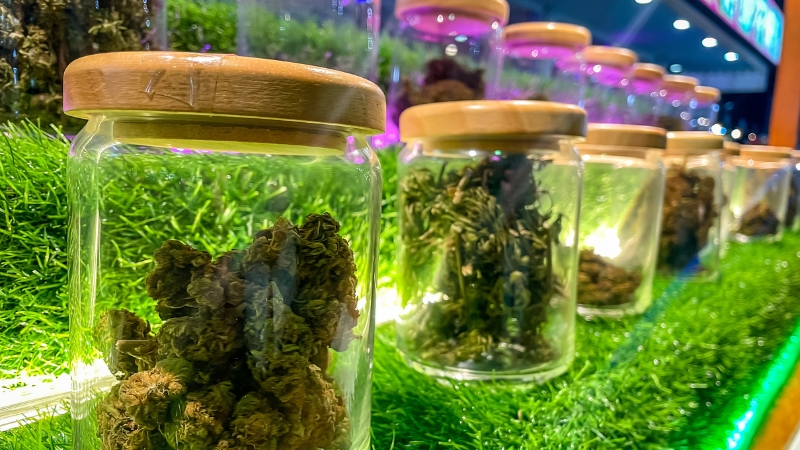In a recent, expansive study hailing from Ontario, Canada, researchers have unveiled a startling correlation between cannabis use among teenagers and a significantly heightened risk of psychiatric disorders. Analyzing data from a cohort of 10,000 individuals aged 12-24, inclusive of survey responses and hospital records, the study determined that teens who had consumed cannabis within the past year were eleven times more likely to develop a psychiatric disorder compared to their non-using counterparts. Moreover, an overwhelming majority of teens hospitalized for psychiatric disorders had a history of cannabis use, with the figure standing at five out of six. This groundbreaking research casts a potent light on the psychiatric impacts of cannabis consumption during the vulnerable teenage years, triggering a crucial dialogue on the matter.
The study intriguingly revealed that the correlation between cannabis use and the emergence of psychiatric disorders was predominantly confined to the 12-19 age group, with such associations not present among young adults aged 20-24. This finding points towards a unique developmental susceptibility during adolescence, a period when the brain undergoes significant growth and transformation. The increasingly potent tetrahydrocannabinol (THC) content in current cannabis strains, which has surged from an average of 1% in the 1980s to 20%—and in some instances, over 90%—today, could exacerbate this vulnerability. The implications of consuming high-THC cannabis on the developing adolescent brain, still malleable and in a critical stage of growth, are a cause for growing concern among researchers, parents, and policymakers alike.

- Societal normalization of cannabis use: A glimpse into ‘Stoner Nation’. Source: https://www.infowars.com/author/16 – infowars.com
Amidst the backdrop of societal shifts towards the normalization of cannabis, its increased THC potency, and the novelty of products like delta-8-THC without adequate regulatory oversight, the broader societal and health implications become apparent. Today, cannabis is not only more readily accepted than tobacco, but according to recent surveys, a significant portion of the American population views it as a benign, even beneficial substance. This perspective, coupled with the lack of reliable safety data for new cannabis variants and products and an alarming increase in cannabis use among pregnant women in Canada, paints a concerning picture for public health. Especially troubling are studies suggesting potential developmental impacts on offspring exposed to cannabis components like CBD and THC during pregnancy, raising serious questions about the generational effects of today’s cannabis consumption habits.
The sweeping adoption of cannabis within society is not without its detractors and unanswered questions, particularly concerning its long-term effects on adolescent and fetal development. As cannabis strains grow stronger and their use becomes more embedded in our societal fabric, the urgent need for concerted research, informed public health policy, and a critical reevaluation of societal attitudes towards cannabis becomes increasingly clear. The path forward demands a balanced consideration of cannabis’s benefits against its risks, especially for our most vulnerable populations—teenagers and unborn children. The challenge now is to navigate these complex issues in a way that protects public health while respecting individual freedoms and the evolving cultural acceptance of cannabis.

